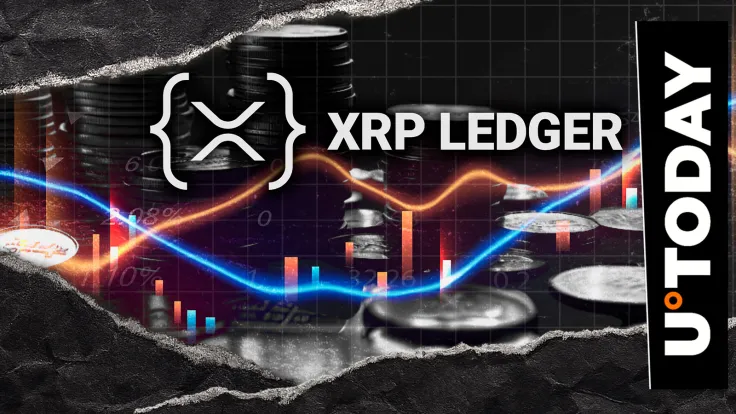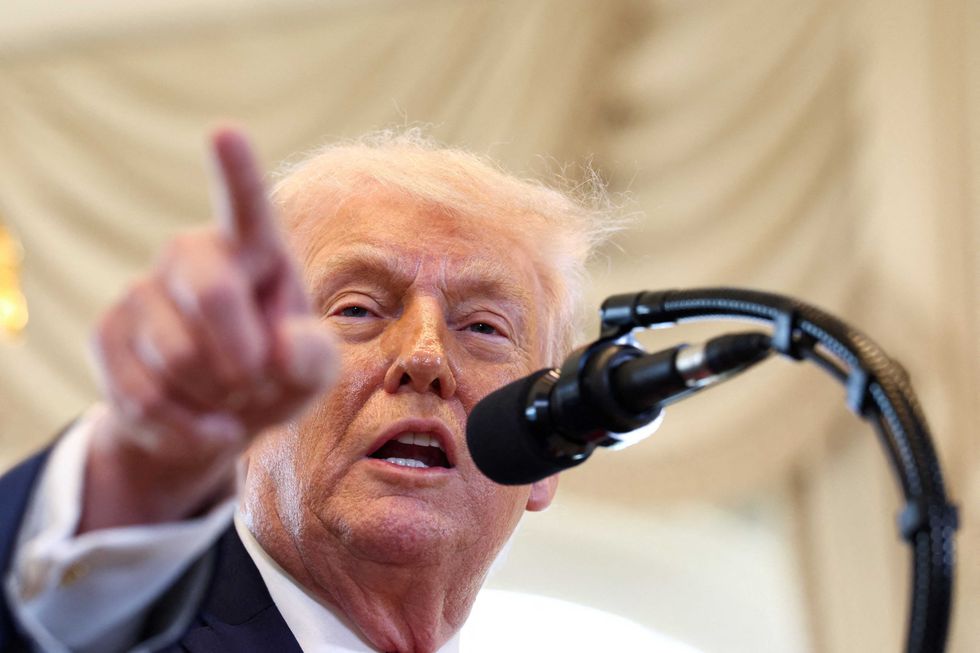DBS Partners With Franklin Templeton and Ripple for Tokenized Lending Platform
TLDR
- DBS Digital Exchange, Franklin Templeton, and Ripple signed a memorandum of understanding to launch tokenized trading and lending services on the XRP Ledger
- DBS will list Franklin Templeton’s sgBENJI token alongside Ripple’s RLUSD stablecoin, allowing real-time swaps for institutional investors
- The partnership enables portfolio rebalancing and yield generation during volatile market conditions through tokenized money market funds
- DBS plans to accept sgBENJI tokens as collateral for lending through repurchase agreements and third-party platforms
- Franklin Templeton chose the XRP Ledger for sgBENJI issuance due to its low fees and high-speed settlement capabilities
DBS Digital Exchange, Franklin Templeton, and Ripple have signed a memorandum of understanding to launch tokenized trading and lending services for institutional investors. The partnership combines tokenized money market funds with stablecoins on the XRP Ledger.
The collaboration was formalized in Singapore and targets institutional clients seeking regulated onchain products. DBS Digital Exchange will list Franklin Templeton’s sgBENJI token alongside Ripple’s RLUSD stablecoin.
sgBENJI represents a tokenized version of Franklin Templeton’s US Dollar Short-Term Money Market Fund. The token allows investors to earn yields while maintaining exposure to digital assets.
The platform enables real-time trading between RLUSD and sgBENJI tokens. This setup helps investors rebalance portfolios quickly during market volatility.
Lim Wee Kian, CEO of DBS Digital Exchange, said digital asset investors need solutions for a borderless 24/7 asset class. The partnership demonstrates how tokenized securities can provide greater efficiency and liquidity in global financial markets.
Lending Solutions Through Tokenized Collateral
The second phase of the partnership will introduce lending capabilities. DBS plans to accept sgBENJI tokens as collateral for credit facilities.
Clients can access these services through repurchase agreements with DBS directly. They can also use third-party lending platforms with DBS acting as the collateral agent.
Franklin Templeton will issue sgBENJI on the XRP Ledger rather than other blockchain networks. The company chose this platform for its low transaction fees and high-speed settlement capabilities.
Nigel Khakoo, Ripple’s Global Head of Trading and Markets, called the effort a game-changer. He said investors can move between stablecoins and tokenized funds within a single trusted ecosystem.
Market Demand for Institutional Products
The partnership addresses growing institutional demand for regulated digital asset products. A recent survey by Coinbase and EY-Parthenon found that 87% of institutional investors expect to allocate funds to digital assets by 2025.
RLUSD serves as the core settlement currency for the platform. The stablecoin allows investors to switch between cash-like holdings and yield-bearing products seamlessly.
VivoPower International’s EV subsidiary Tembo recently announced it will accept RLUSD for vehicle payments. This makes it among the first automakers to embrace the stablecoin.
The collaboration comes as tokenized assets gain traction in global capital markets. SBI Shinsei Bank has partnered with Singapore’s Partior and Japan’s DeCurret DCP to explore multicurrency tokenized deposits for cross-border settlements.
The partnership represents a step forward in bringing traditional financial services to blockchain platforms. DBS will act as custodian for pledged sgBENJI assets in lending arrangements.
The post DBS Partners With Franklin Templeton and Ripple for Tokenized Lending Platform appeared first on CoinCentral.
You May Also Like

Tom Lee’s BitMine Hits 7-Month Stock Low as Ethereum Paper Losses Reach $8 Billion

XRPL Validator Reveals Why He Just Vetoed New Amendment
